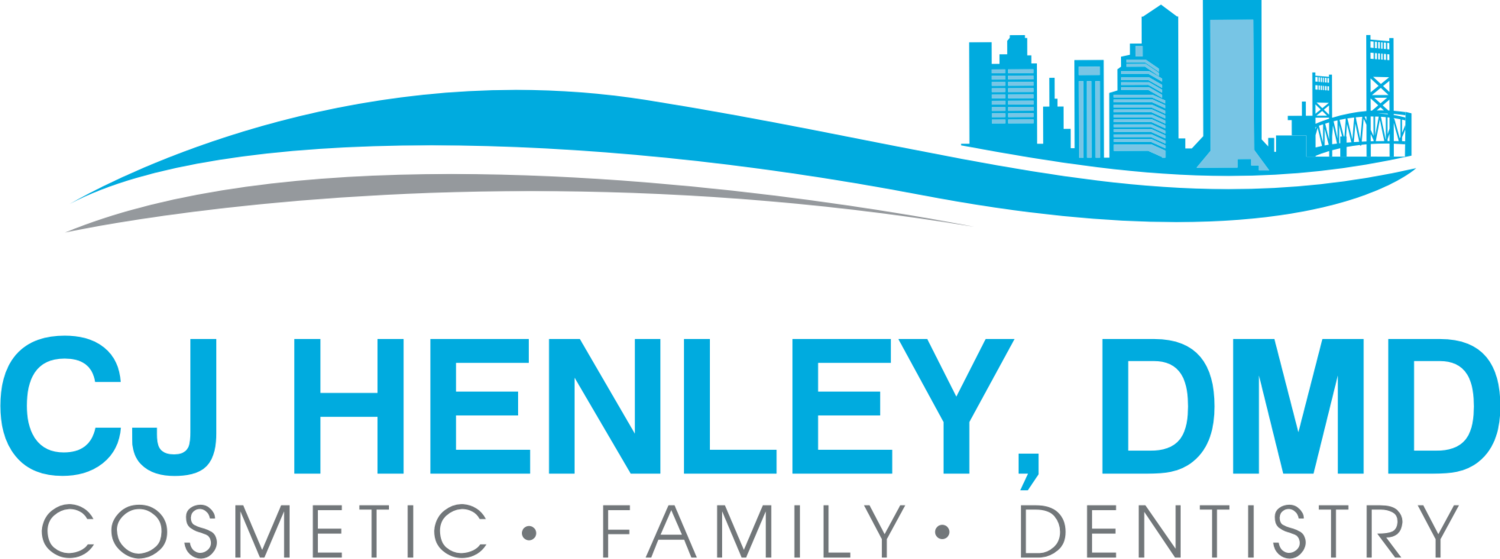Partial Maxillectomy Obturation
WHy it happens and How it works
Maxillectomy defects, can happen as a result of surgical removal of cancer. This defect can result in communication between the sinus cavity and the mouth that causes difficulty in chewing, swallowing, speech, and facial disfigurement.
In turn, these functional problems may affect the quality of life. Change in appearance resulting from the loss of tissue and underlying structures may also lead to emotional stress and depression. In addition, social phobia and anxiety tend to occur more often in patients who lose part of their maxillofacial complex than those who lose another part of their body as arm or leg or even both of them.
Rehabilitation of the patient presenting with a malignant tumor in the maxilla requires a multidisciplinary approach including surgical treatment, radio/chemotherapy, phonetic rehabilitation, physiotherapy, and prosthetic treatment.
Reconstruction of the maxillectomy with an obturator has several advantages. Besides replacing the missing soft and hard tissues, it enables the patient to swallow, chew, and speak approximately in a normal way, and forms a barrier between nasal and oral cavities. Other advantages include that the obturator can be removed from the patient’s mouth permitting for a clear vision and early detection of any recurrent tumor; and a better facial appearance can be achieved with the presence of the obturator where it can provide support for the tissues of the face.
